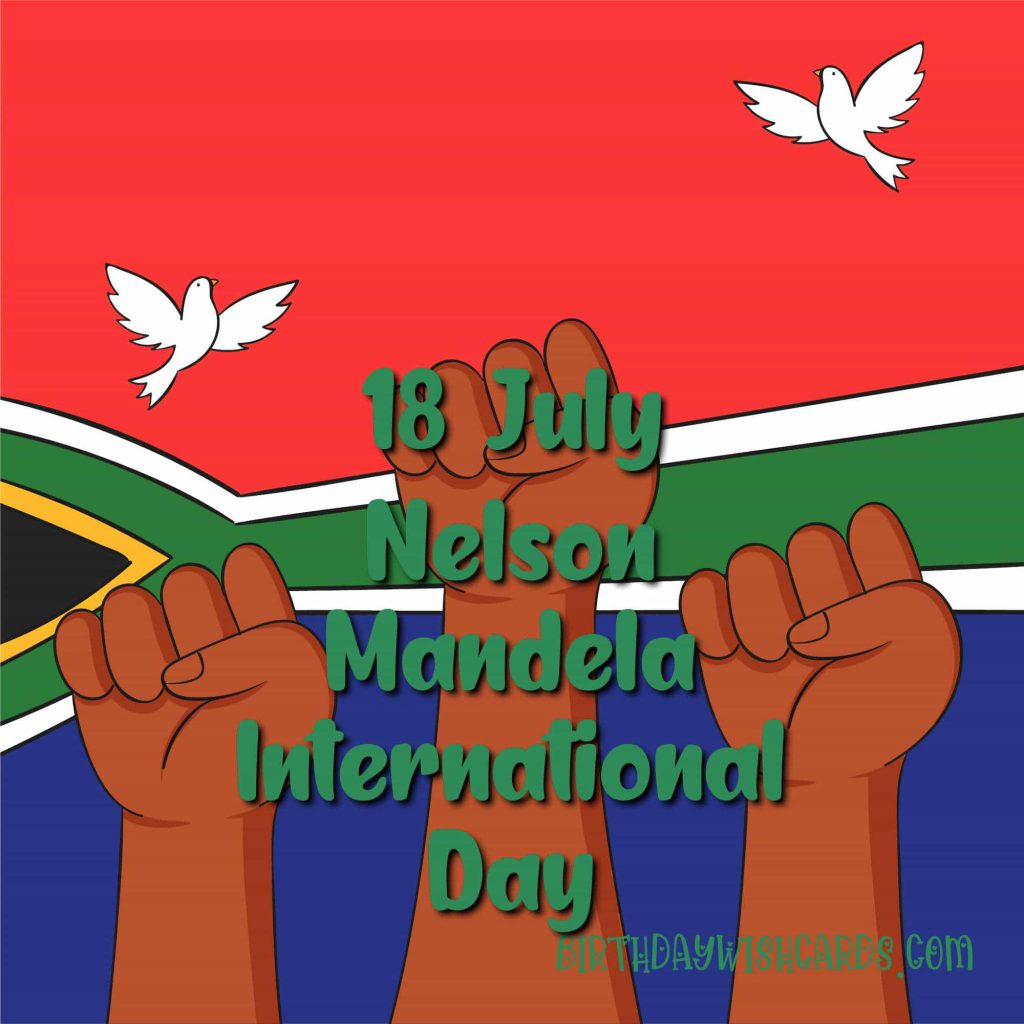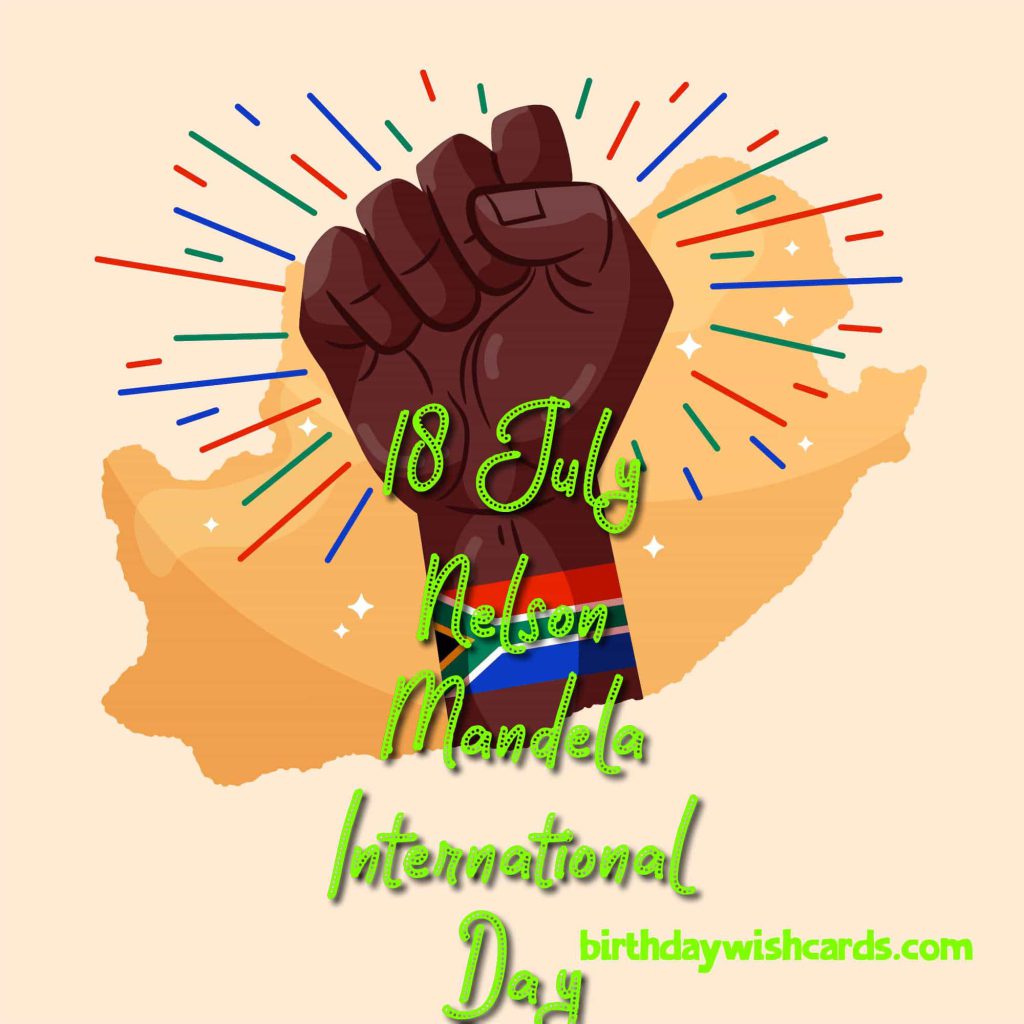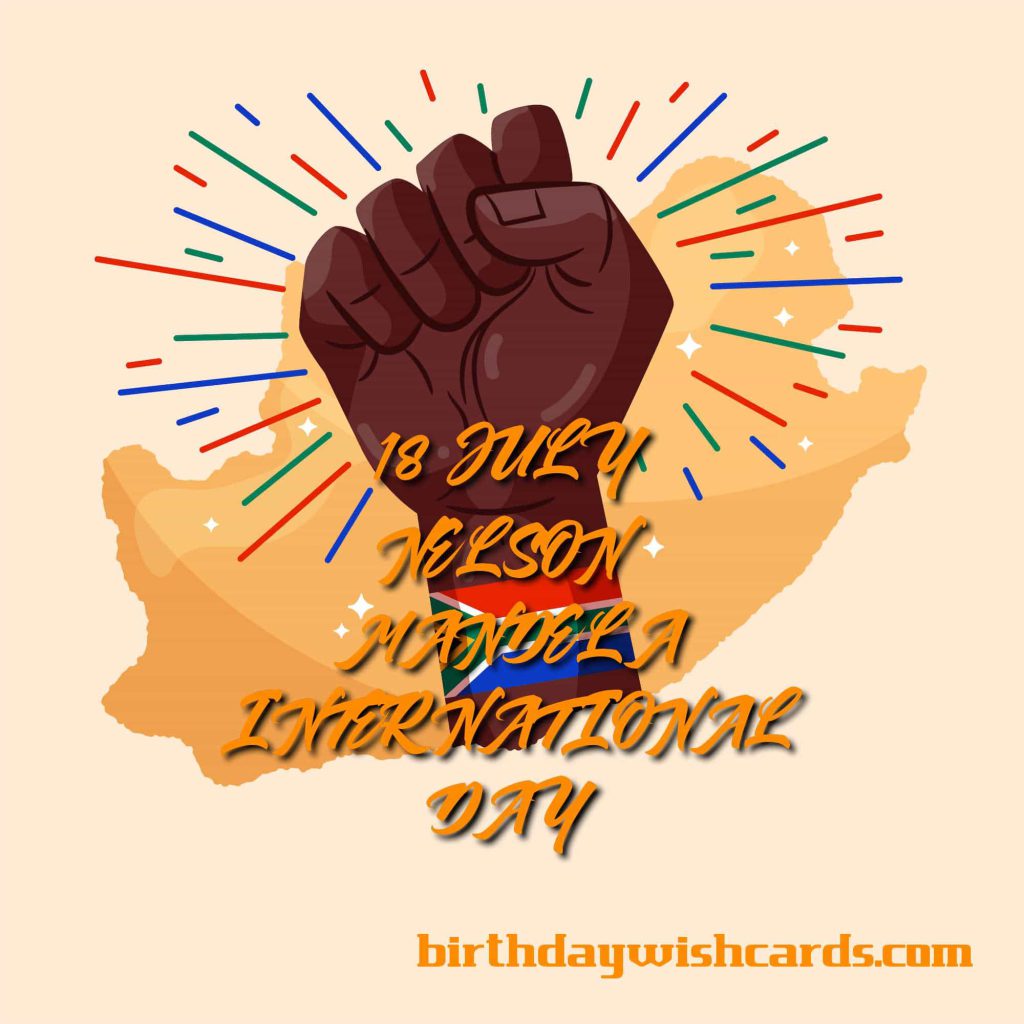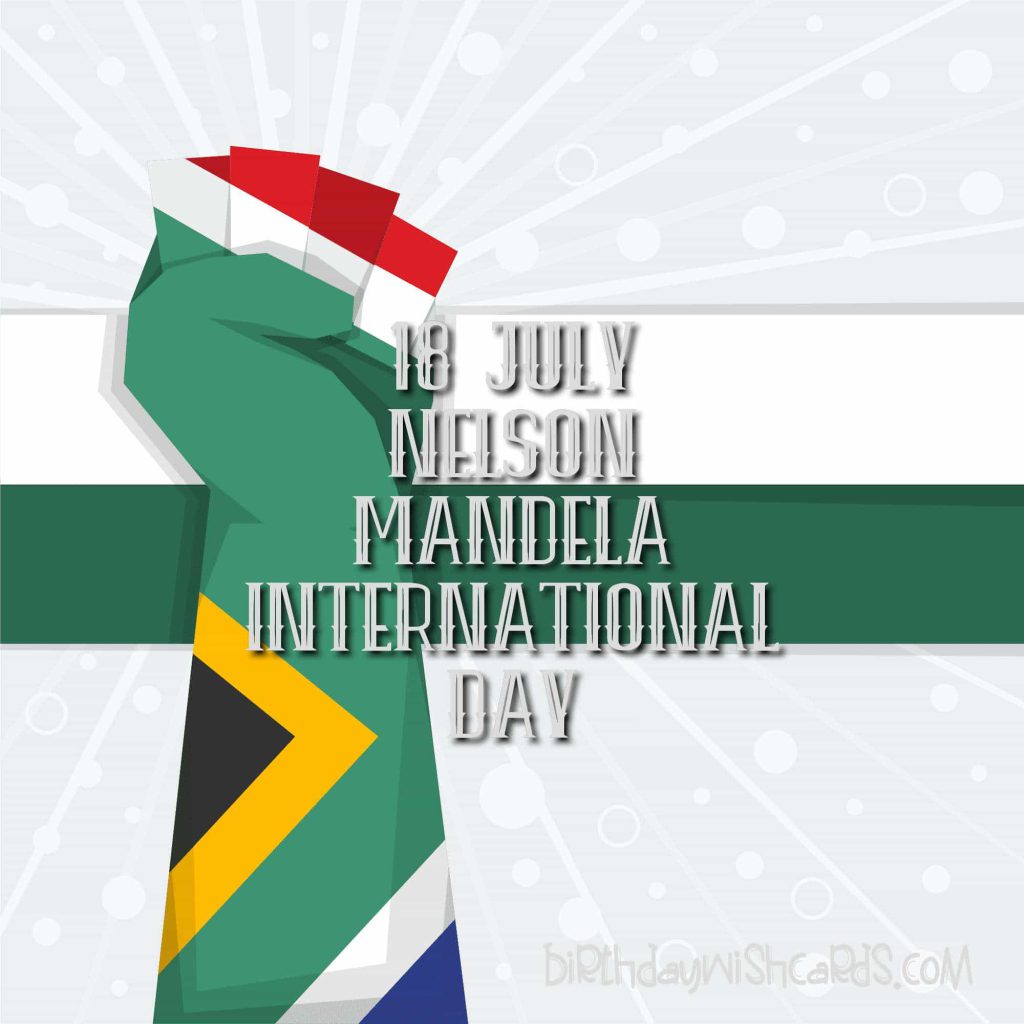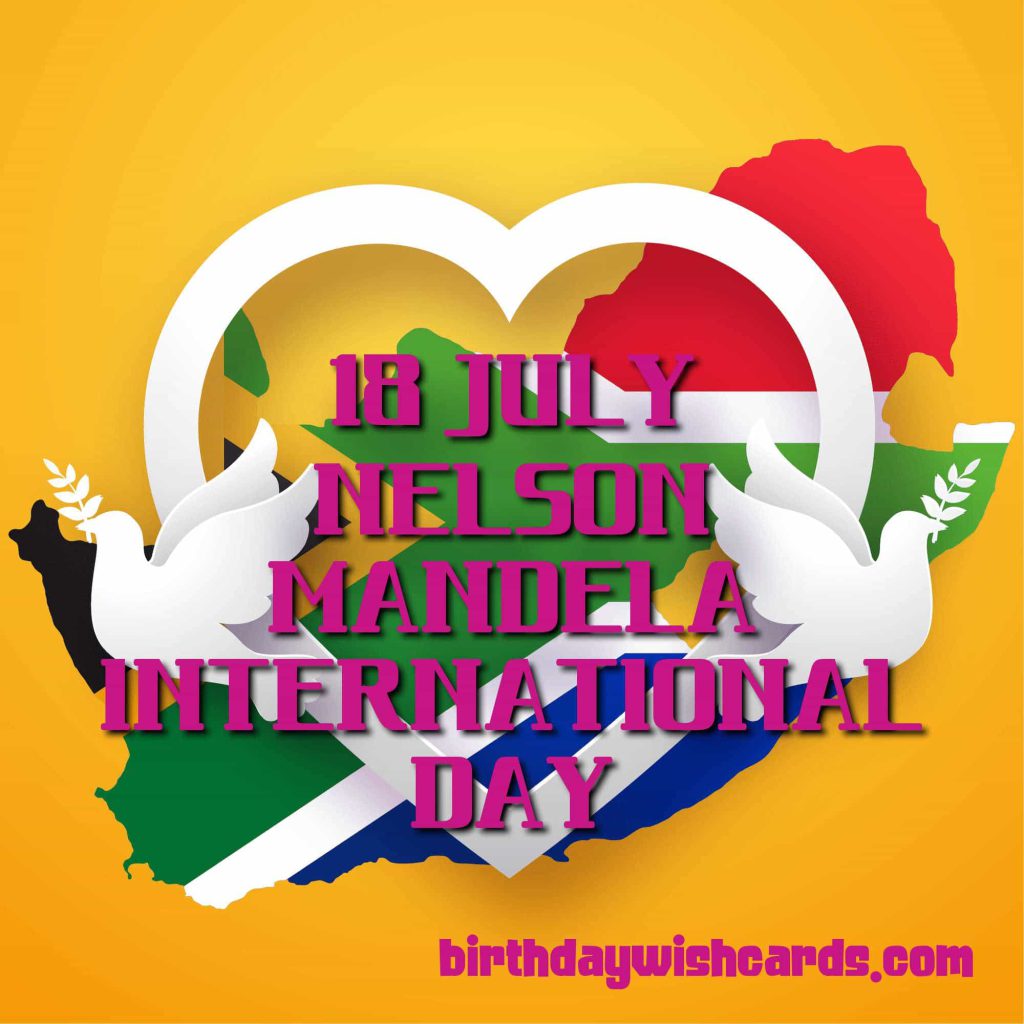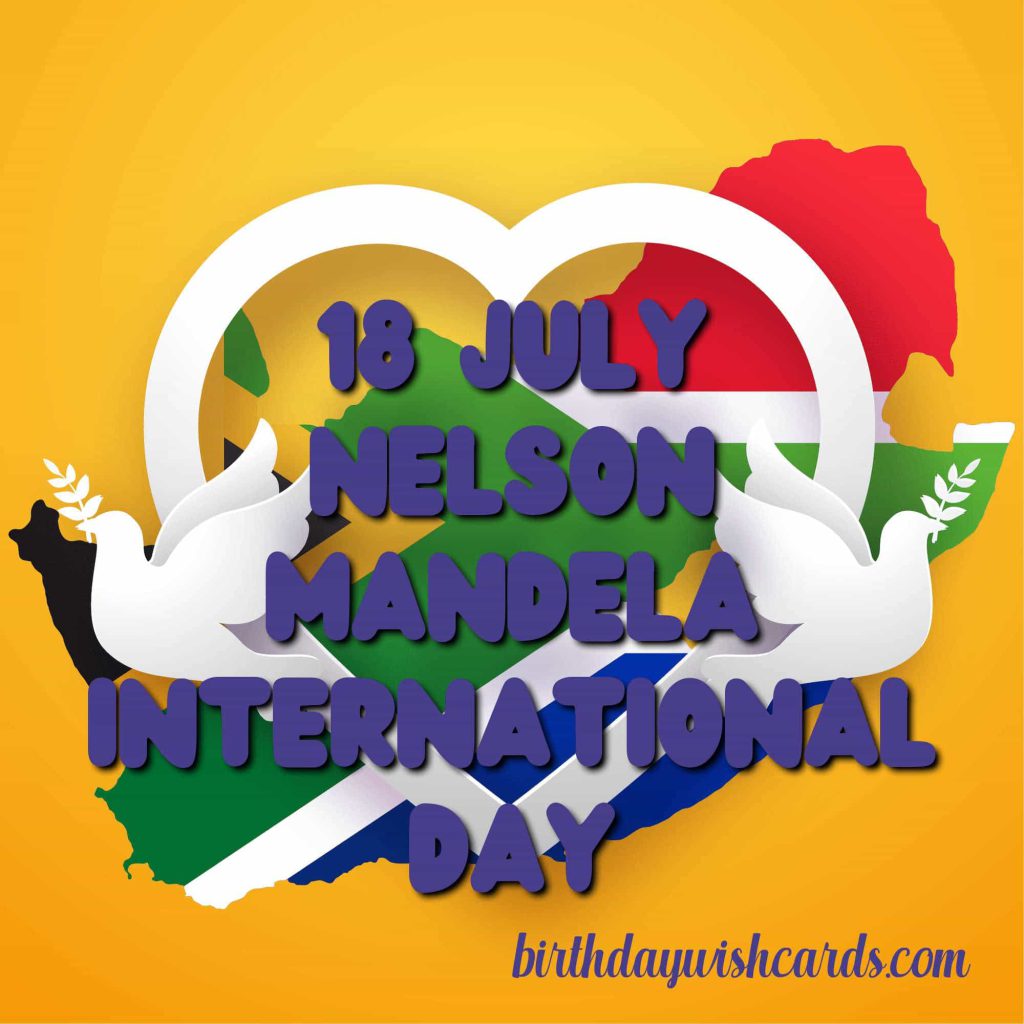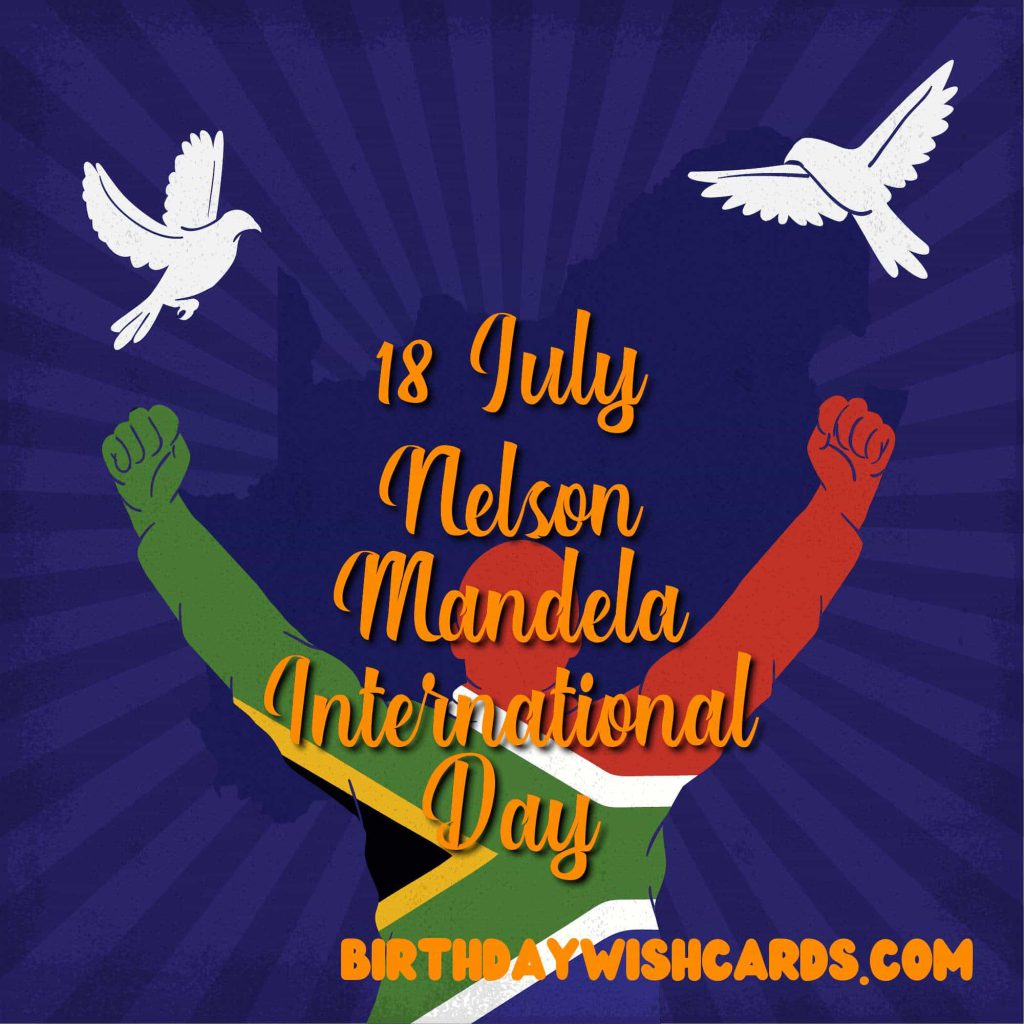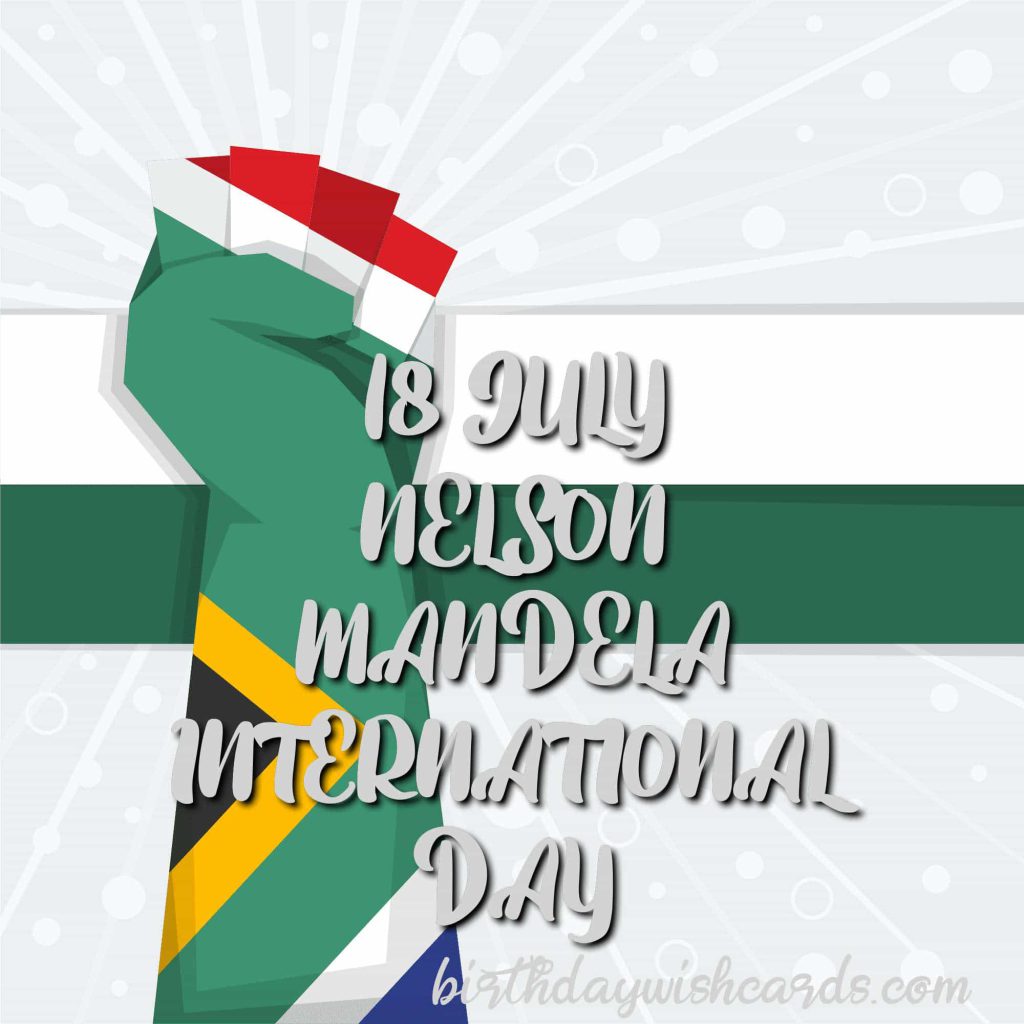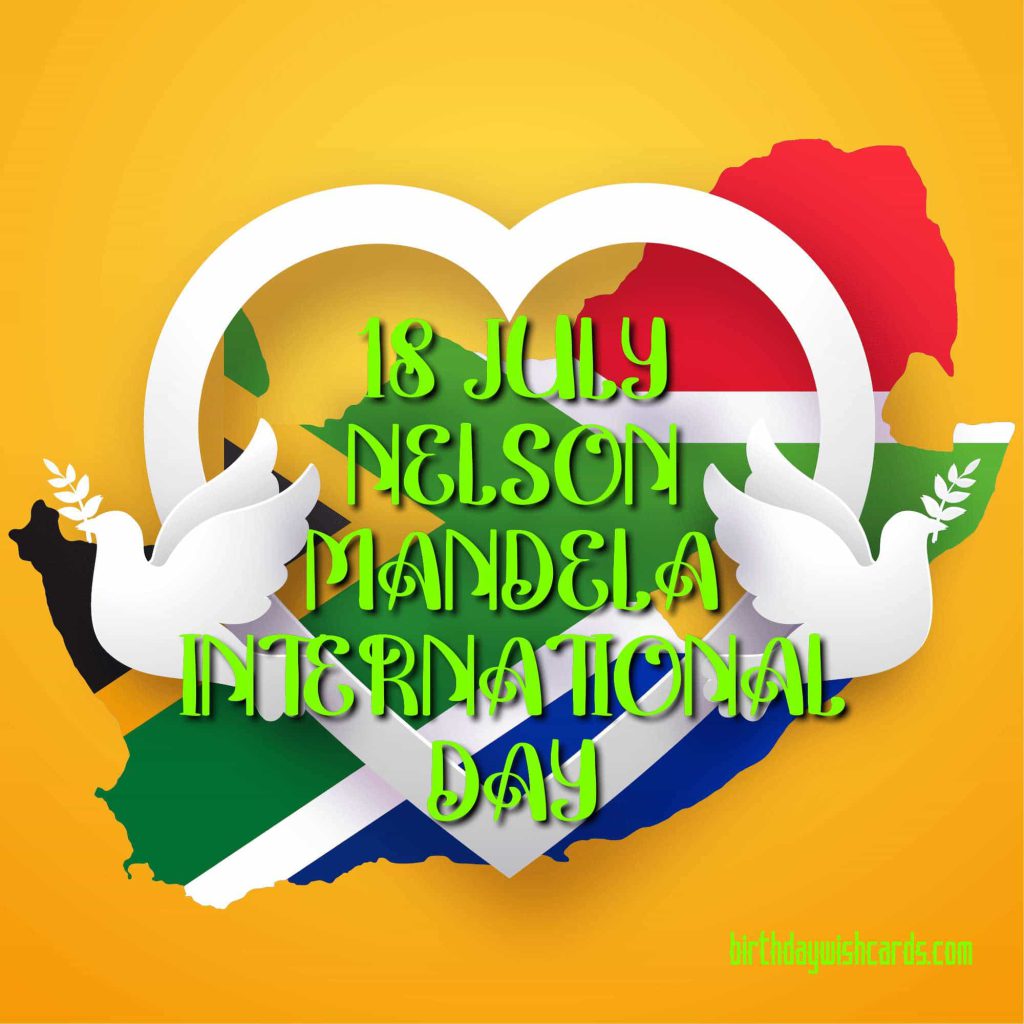
18 July: Nelson Mandela International Day
Declaration of Nelson Mandela International Day
In December 2015, the United Nations General Assembly broadened the scope of Nelson Mandela International Day. This expansion highlighted the importance of promoting humane conditions of imprisonment, raising awareness that prisoners remain part of society, and recognizing the vital social service provided by prison staff.
The General Assembly resolution A/RES/70/175 not only endorsed the revised United Nations Standard Minimum Rules for the Treatment of Prisoners, but also renamed them the “Nelson Mandela Rules”. This change honors the enduring legacy of the late South African President Nelson Mandela, who spent 27 years in prison during his fight against apartheid.
Celebrating Nelson Mandela International Day
Each year on July 18, Nelson Mandela’s birthday, people around the world are encouraged to dedicate 67 minutes to community service—symbolizing the 67 years Mandela spent championing social justice and equality. Millions of South Africans and global citizens participate in acts of kindness, volunteering, and social initiatives to honor his legacy.
Nelson Mandela: Former South African President
Nelson Mandela, South Africa’s former president and an iconic civil rights leader, dedicated his life to the pursuit of equality and justice. He played a pivotal role in dismantling apartheid, the system of institutionalized racial segregation and discrimination in South Africa. Mandela’s legacy is celebrated annually on July 18 through Nelson Mandela International Day.
“A nation should not be judged by how it treats its highest citizens but its lowest ones.” – Nelson Mandela
Mandela often spoke about the challenges and hopes for South Africa’s future. Despite the country’s diversity, he emphasized unity and democracy as the foundation for progress:
“Many people have been skeptical of our capacity to achieve the ideal of a rainbow nation. It is true that South Africa was often brought to the brink of destruction because of differences. But let us reaffirm this one thing here today: it is not our diversity which divides us, it is not our ethnicity or religion or culture that divides us. Since we have achieved our freedom, there can only be one division amongst us: between those who cherish democracy and those who do not!”
Mandela believed that freedom and democracy must be accompanied by development and peace to reach their full potential. Basic services and social stability are essential for a prosperous nation:
“As freedom-loving people, we want to see our country prosper and provide basic services to all. For our freedom can never be complete or our democracy stable unless the basic needs of our people are met. We have seen the stability that development brings. And in turn, we know that peace is the most powerful weapon that any community or nation can have for development.”
A Lasting Message from Nelson Mandela
In his efforts to rebuild South Africa, Mandela warned against internal threats to development and democracy. He urged everyone to pursue peace and prosperity with determination:
“As we rebuild our country, we should remain vigilant against the enemies of development and democracy, even if they come from within our own ranks. Violence will not bring us closer to our objectives. All of us should ask ourselves the question: Have I done everything in my power to bring about lasting peace and prosperity in my city and my country?”
To learn more about Nelson Mandela’s legacy and the significance of this international day, visit the official United Nations page on Nelson Mandela International Day.
Gallery: Honoring Nelson Mandela
Below are images that celebrate the spirit of Nelson Mandela International Day and the enduring impact of his life and work:



